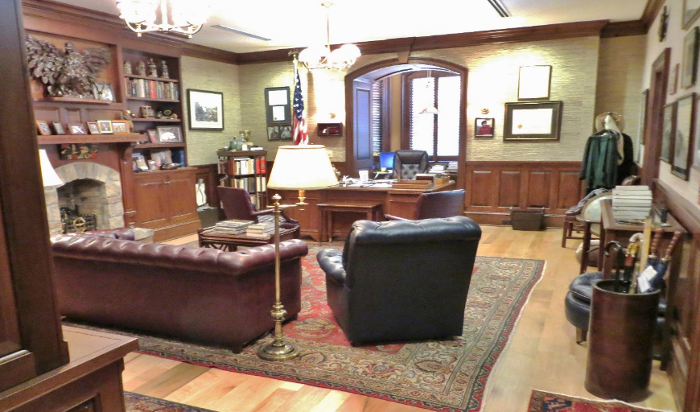
In State v. Sublett, the WA Court of Appeals held that an in-chambers conference held by the trial judge in response to a juror’s question did not violate the defendant’s his right to an open and public trial. In general, in-chambers conferences between the court and counsel on legal matters are not critical stages of the proceedings except when the issues involve disputed facts.
A jury entered verdicts finding co-defendants Michael Sublett and Christopher Olsen guilty of first degree murder. Sublett and Olsen appealed, asserting that the trial court violated their public trial rights and their right to be present by holding an in-chambers conference to address a question submitted by the jury during its deliberations and that the trial court violated their due process rights by refusing to answer the jury’s question.
The Court reasoned that the Sixth Amendment guarantees criminal defendants the right to a public trial. However, the court also determined that “[a] defendant does not . . . have a right to a public hearing on purely ministerial or legal issues that do not require the resolution of disputed facts.”
Here, the trial court’s in-chambers conference addressed a jury question regarding one of the trial court’s instructions. This was a purely legal issue that arose during deliberations, and did not require the resolution of disputed facts. Thus, the defendants’ right to a public trial did not apply in this context.
More important, questions from the jury to the trial court regarding the trial court’s instructions are part of jury deliberations and, as such, are not historically a public part of the trial. Because the public trial right does not apply to a trial court’s conference with counsel on how to resolve a purely legal question which the jury submitted during its deliberations, we hold that the trial court did not violate the appellants’ public trial right by responding to the jury’s question in writing.
The court further reasoned that because the in-chambers conference held in response to a jury question was not a critical stage of the proceedings, the trial court did not violate the appellants’ right to be present. A “critical stage” is one where the defendant’s presence has a reasonably substantial relationship to the fullness of his opportunity to defend against the charge. But in general, in-chambers conferences between the court and counsel on legal matters are not critical stages of the proceedings except when the issues involve disputed facts.
The in-chambers conference here was not a critical stage of the proceedings because it involved only the purely legal issue of how to respond to the jury’s request for a clarification in one of the trial court’s instructions. Accordingly, the appellants’ right to be present did not apply in this context.
My opinion? Shady. I’ve tried cases where jurors asks/submits questions to the judge while they deliberate. Typically, the judge reads the question on the record, and in the defendant’s presence. The attorneys and judge either formulate an agreed answer the question or choose to not answer the question.
In my mind, this is an important stage of the proceedings. jurors decide guilt and innocence based upon the answer to the question! How is this not important? Why shouldn’t the defendant be present to hear the question and answer(s)?
Again, shady. this decision flies in the face of the WA Supreme Court’s State v. Paumier, a case which I blogged about earlier this month.
Please contact my office if you, a friend or family member are charged with a crime. Hiring an effective and competent defense attorney is the first and best step toward justice.






